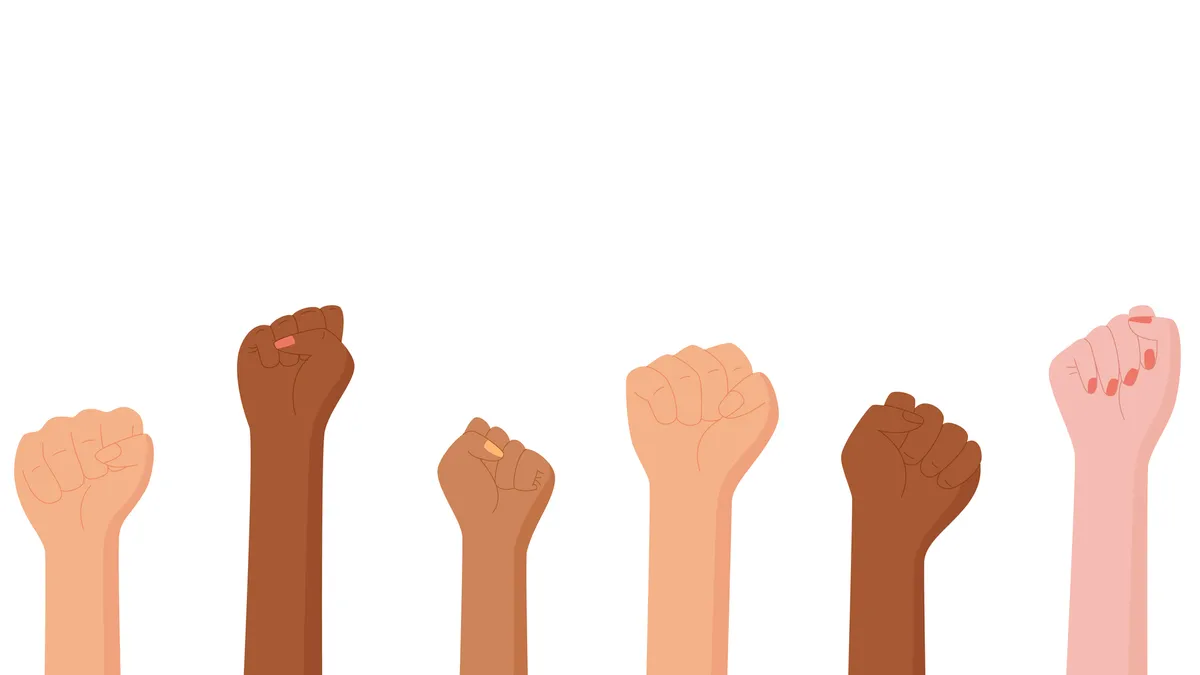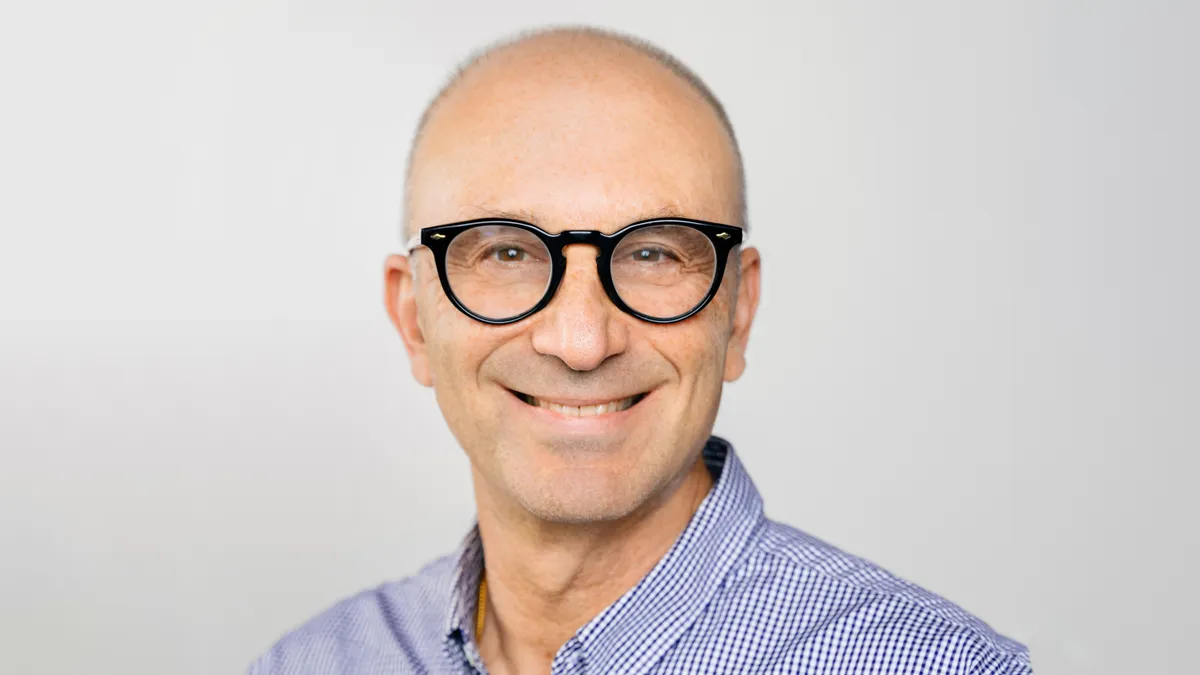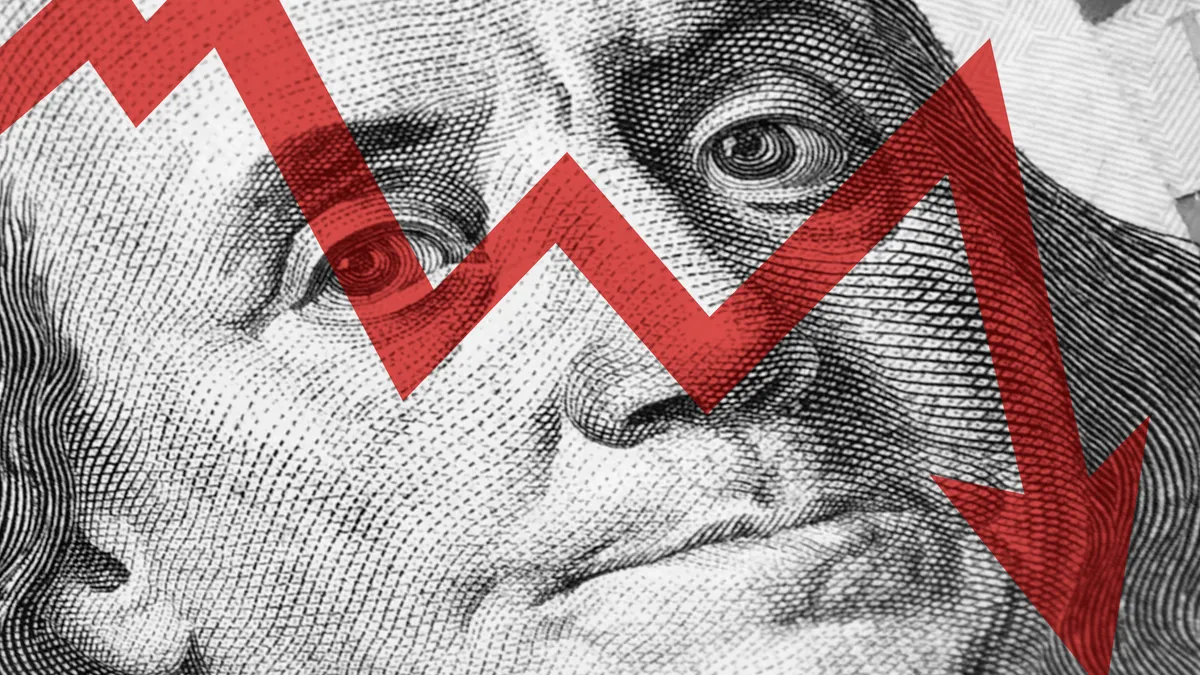The anti-DEI movement had been sweeping across America for years — and it was just a matter of time before it crashed into pharma.
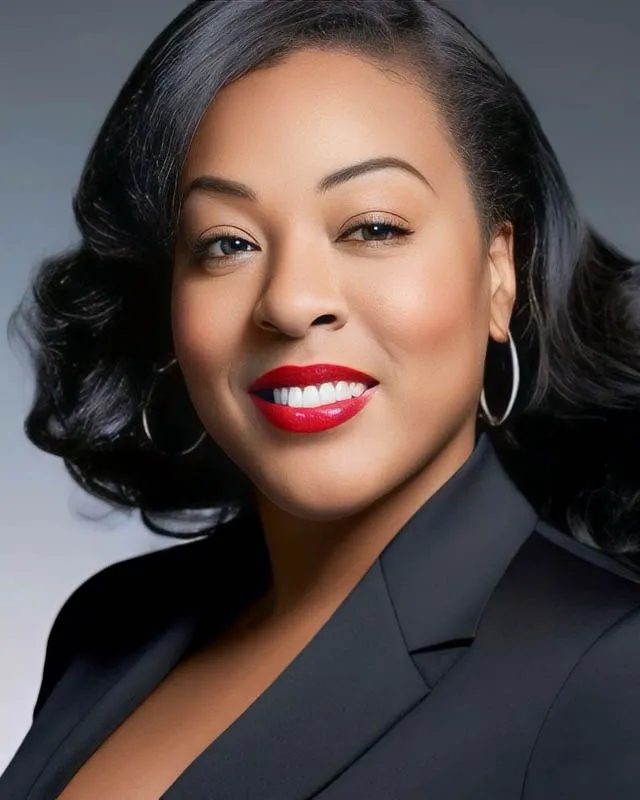
For Kim Ribeiro, former head of diversity and patient inclusion at AbbVie, the shift became apparent following the U.S. Supreme Court’s decision to overturn affirmative action in higher education last year.
"After the Supreme Court ruling, some conservative activists launched efforts to challenge corporate programs involving race- and ethnicity-based grants and funding," Ribeiro, now the chief client officer at Inside Edge Consulting, a multicultural community programming firm, explained. "This included threatening litigation against law firms with DEI programs across the country, who in turn began advising their corporate clients, including those in the pharmaceutical sector.
The pressure on corporations and other organizations to dismantle diversity initiatives hasn’t let up.
Walmart joined a growing number of large companies buckling to the DEI backlash last month when it confirmed plans to roll back several diversity-aimed strategies including support for the philanthropic Center for Racial Equity launched in 2020 by Walmart’s CEO.
And with president-elect Donald Trump preparing to return to the White House, several of his MAGA allies are now planning to launch an investment fund to back companies that eschew DEI policies. The fund’s CEO, James Fishback, is a long-time investor and buddies with Vivek Ramaswamy, the former biotech entrepreneur turned presidential-hopeful who’s been tapped by the Trump administration to tackle government waste alongside Elon Musk, Axios reported this week.
While many of the “anti-woke” attacks have focused on corporate hiring practices and college admissions, several leaders have spoken out about the risks of these efforts creeping into healthcare.
“I fear that the possibility of even more DEI bans will have grave side effects for our healthcare system,” Lilian Bravo, an assistant professor at University of Miami’s School of Nursing and Health Studies, wrote in an op-ed published this month. “They create a more difficult path to recruit and retain students from racially and ethnically underrepresented backgrounds — despite the fact that we know diverse staff are needed to deliver the best care possible for an increasingly diverse U.S. population.”
“Put aside social justice — diversity is just good science."

Xoli Belgrave
Senior director, head, clinical trial diversity, Parexel
Pfizer was hit with a lawsuit from an anti-affirmative action group called Do No Harm in 2022 over allegations that one DEI-based fellowship program was discriminatory against white and Asian Americans. A court dismissed the lawsuit on the basis that it failed to identify anyone hurt by Pfizer’s program — a decision that was upheld in an appeals court earlier this year.
Otherwise, the pharma industry has largely been spared from the anti-DEI hoopla. And industry leaders, mindful of the tense political environment, have been making adjustments to keep it that way.
Ditching the word ‘diversity’
Several years into an industrywide push to ramp up the various strategies that fall under the “DEI” umbrella — including initiatives aimed at improving clinical trial diversity, corporate hiring and health equity —Big Pharma continues to shell out cash to keep the momentum going.
“Our commitment to DEI has not changed,” said Monique Adams, global head of diversity and inclusion in clinical trials at Sanofi.
The French pharma giant deepened its DEI efforts in October with a fresh $18 million commitment to support diversity in clinical trials through a 10-year investment plan for three historically Black colleges.
“[Sanofi’s] focus is around how we can ensure clinical trials represent the people with the diseases we are trying to treat,” Adams said. “These schools have access to communities that are people of color but also those of a lower socioeconomic status. They are already the messengers, and [we] wanted to help them build out their capabilities to become centers of excellence.”
Adams also noted that Sanofi’s investments aren’t meant to just tick a DEI strategy box but are based in the “scientific rationale” of ensuring its treatments work in various patient populations — a sentiment echoed by Xoli Belgrave, senior director and head of clinical trial diversity at the global CRO Parexel.
“Put aside social justice — diversity is just good science,” Belgrave said.
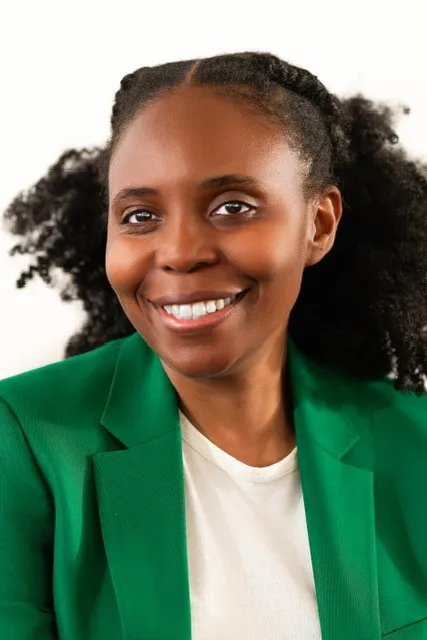
Parexel’s DEI strategies follow a familiar playbook in pharma. In the last few years, the company has worked closely with communities to drive clinical study awareness and recruitment. Parexel also weaves diversity goals into trial design and has positioned itself as a thought leader in the field by publishing research on socioeconomics. At this point, Belgrave noted, diversity goals have become more solidly baked into the clinical trials process with companies firmly behind the idea that it’s good for business.
Still, there’s no escaping the fact that “diversity” is also politically loaded.
“Unfortunately, the word ‘diversity’ is so politicized,” Ribeiro said.
With the stakes so high, some companies are avoiding the word altogether.
Walgreens, which has made patient inclusion and trial accessibility central tenets of its clinical trials business model, opts for the word “representation,” the company’s chief clinical trials officer, Ramita Tandon, said.
And even if pharma companies strengthen DEI strategies, Belgrave said there is a “possibility” the industry could ultimately shy away from the actual word.
Looking forward, Ribeiro said she’d like to see diversity, equity and inclusion goals pulled apart from the DEI acronym and repackaged to better reflect the complex strategies of improving clinical trial representation, boosting health equity and reforming hiring strategies.
“The default association with just race muddies the waters in terms of intentions,” she said.
And because “a lot of what pharma is driving at is based on the FDA,” Ribeiro said, any industrywide shifts on DEI will likely depend on the agency’s stance.
The FDA issued new draft guidance on diversity in clinical trials earlier this year and is no longer taking feedback on the proposals. But with a new administration and leadership on the way to Washington, the regulatory future of DEI could be up in the air.
For industry leaders, the sooner DEI can lose its political baggage, the better.
“It’s distracting because you are focusing more on the language being used, and that takes away from the implementation of impactful work,” Ribeiro said.



